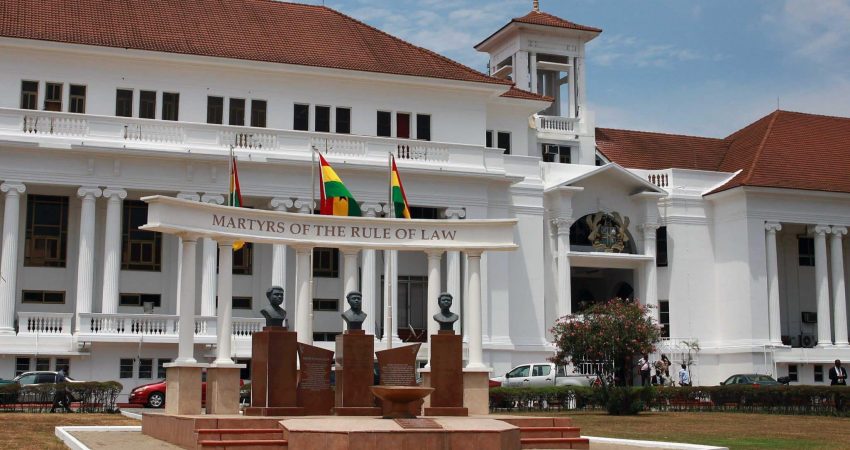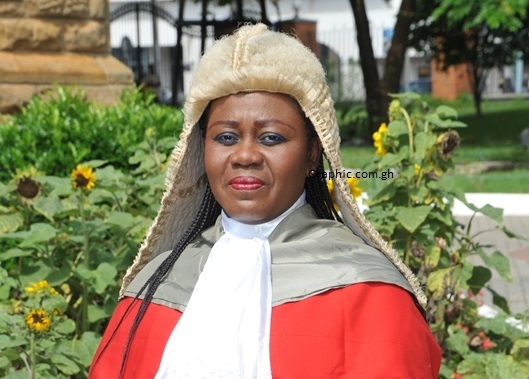On July 27, 2024, Ghana’s Supreme Court ruled section 104 of the Criminal Code (Criminal Offenses Act 1960 (Act 29) to be constitutional. They upheld section 104 of the Criminal Code, which criminalizes “unnatural carnal knowledge,” including acts such as anal and oral sex.
Key Points to Note
Existing Law: The Supreme Court’s ruling did not introduce a new law but instead reaffirmed an existing one. Section 104 has been in effect for many years.
Vague Terminology: While the law does not explicitly define “unnatural carnal knowledge,” it is commonly understood to encompass any sexual activity outside of penetrative sex between a man and woman. This includes various consensual acts such as anal and oral sex, as well as the use of sex toys.
Legal Challenge: In 2021, Dr. Obiri-Korang brought a case before the Supreme Court, arguing that Section 104 violates the right to privacy and promotes discrimination against some Ghanaian minority groups, which goes against the spirit of Chapter 5 of the 1992 Constitution. However, the Court unanimously dismissed this case, deeming the law constitutional.
The Anti-LGBTQ Bill
It’s important to note that this ruling is separate from the ongoing debate over the Anti-LGBTQ bill, also known as the Promotion of Proper Human Sexual Rights and Ghanaian Family Values Bill, 2021. This proposed bill has been passed by Parliament but has not been assented by the President and is not yet law.
Current Status: Pending Legislation: The bill has passed through Parliament but still requires the President’s approval to become law.
Challenges Ahead: There are currently three active cases challenging the bill.
Mr. Paul Sefa Boakye argues that its promoters violated the Public Financial Management Act 2016 (Act 921) by failing to conduct a fiscal impact analysis.
Dr. Amanda Odoi claims the bill goes against Article 108 of the Constitution.
Richard Sky contends that it violates both Article 108 and other human rights provisions in the Constitution.
Why We Must Oppose the Anti-LGBTQ Bill
The proposed Anti-LGBTQ+ bill is a dangerous and regressive move for several reasons: Human Rights Violations: This bill unjustly criminalizes LGBTQ+ identities and expressions, infringes on personal privacy, and promotes discrimination. It gives authorities the power to intrude into people’s private lives and punish them for consensual actions.
Public Health Risks: By making LGBTQ+ activities and advocacy illegal, this bill undermines efforts to prevent HIV/AIDS. Fear of persecution may prevent individuals from seeking necessary healthcare services.
Social and Economic Implications: The bill would lead to the exclusion of LGBTQ+ individuals from society, limiting their access to education, jobs, housing, and other basic needs. This exclusion not only affects personal livelihoods but also has detrimental effects on our economy as a whole.
International Repercussions: Enacting this law could harm Ghana’s standing in the international community, potentially resulting in sanctions and strained diplomatic relations. It also goes against our country’s commitment to upholding human rights.
Moral and Ethical Concerns: This bill promotes intolerance and hatred, damaging family and community bonds and perpetuating a culture of discrimination and violence.
Moving Forward
What Can We Do? Legislative Process: As the bill is still in Parliament, there is still time to take action. If the President refuses to approve it, the bill can be amended or referred to the Council of State for further consideration.
Raising Awareness: It is crucial that we have open discussions about these legal developments and educate the public about the harmful effects of the Anti-LGBTQ bill. Accurate information and open dialogue are essential for creating a more inclusive and just society.
In Conclusion, the recent Supreme Court ruling and ongoing debate over the Anti-LGBTQ bill highlight the need for informed conversations and understanding of these legal matters.
It is imperative that we protect human rights and promote social justice in Ghana by opposing discriminatory laws like this one.
 Agnes Azalimah is pursuing a Bachelor of Arts (International Relations) at Knox College, Galesburg, Illinois, US and recently ended her internship with the Ghana Center for Democratic Development (CDD-Ghana).
Agnes Azalimah is pursuing a Bachelor of Arts (International Relations) at Knox College, Galesburg, Illinois, US and recently ended her internship with the Ghana Center for Democratic Development (CDD-Ghana).
















